
Lilongwe: The Heartbeat of Malawi
Lilongwe, the capital city of Malawi, offers a unique blend of modernity and tradition. It is a city where bustling markets, leafy avenues, and cultural landmarks come together to create a vibrant yet laid-back atmosphere. The city is divided into two main areas: the Old Town and the New City. The Old Town is the commercial hub, where you can find local markets, shops, and eateries that offer a taste of Malawian cuisine and culture. The New City is home to government buildings, embassies, and high-end hotels, making it the administrative center of Malawi. One of the must-visit places in Lilongwe is the Lilongwe Wildlife Centre, a sanctuary that offers a safe haven for rescued animals. It is a great place to learn about Malawi's wildlife and conservation efforts. For those interested in history and culture, a visit to the National Museum is highly recommended. It offers a glimpse into Malawi's rich history and cultural heritage. Nature lovers will enjoy the city's numerous parks and gardens, such as the Lilongwe Nature Sanctuary and the Four Seasons Garden. Lilongwe also serves as a gateway to some of Malawi's most stunning natural attractions, including Lake Malawi and the Mulanje Mountain. Whether you're exploring the city's vibrant markets, learning about its history, or using it as a base for further adventures, Lilongwe offers something for every traveler.
Local tips in Lilongwe
- Visit the Lilongwe Wildlife Centre early in the morning for a better chance to see the animals.
- Old Town is the best place to shop for local crafts and souvenirs.
- Use local taxis or ride-hailing apps to get around the city efficiently.
- Try the local cuisine at one of the many eateries in Old Town.
- Weekdays are less crowded at the National Museum, offering a more relaxed visit.
Neighbourhoods in Lilongwe
Lilongwe: The Heartbeat of Malawi
Lilongwe, the capital city of Malawi, offers a unique blend of modernity and tradition. It is a city where bustling markets, leafy avenues, and cultural landmarks come together to create a vibrant yet laid-back atmosphere. The city is divided into two main areas: the Old Town and the New City. The Old Town is the commercial hub, where you can find local markets, shops, and eateries that offer a taste of Malawian cuisine and culture. The New City is home to government buildings, embassies, and high-end hotels, making it the administrative center of Malawi. One of the must-visit places in Lilongwe is the Lilongwe Wildlife Centre, a sanctuary that offers a safe haven for rescued animals. It is a great place to learn about Malawi's wildlife and conservation efforts. For those interested in history and culture, a visit to the National Museum is highly recommended. It offers a glimpse into Malawi's rich history and cultural heritage. Nature lovers will enjoy the city's numerous parks and gardens, such as the Lilongwe Nature Sanctuary and the Four Seasons Garden. Lilongwe also serves as a gateway to some of Malawi's most stunning natural attractions, including Lake Malawi and the Mulanje Mountain. Whether you're exploring the city's vibrant markets, learning about its history, or using it as a base for further adventures, Lilongwe offers something for every traveler.
When is the best time to go to Lilongwe?
Iconic landmarks you can’t miss
Four Seasons
Experience the tranquil beauty of Four Seasons Garden in Lilongwe, a serene escape perfect for nature lovers and relaxation seekers.
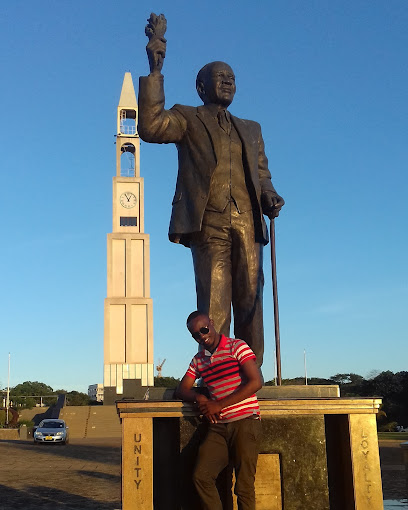
Lilongwe Wildlife Centre
Explore the Lilongwe Wildlife Centre – a sanctuary for rescued animals and a hub for wildlife conservation in the heart of Malawi.
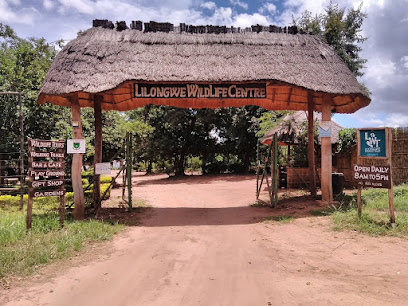
Africa House Malawi
Discover the perfect blend of comfort and local culture at Africa House Malawi, your home away from home in Lilongwe.

World War I Memorial
Explore the serene World War I Memorial in Lilongwe, a captivating tribute to bravery and sacrifice amidst lush gardens and historical reflections.
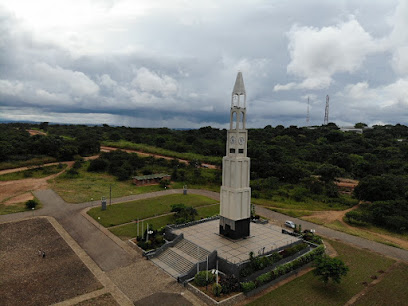
Kulemeka Gardens
Explore the tranquil beauty and diverse flora of Kulemeka Gardens, a serene botanical haven in Lilongwe, perfect for relaxation and nature appreciation.
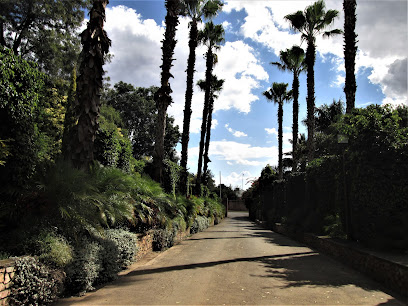
Lilongwe Jamme Masjid - Maslak-E-Ala-Hazrat
Explore Lilongwe Jamme Masjid, a beautiful mosque in Malawi's capital, blending spiritual serenity with stunning Islamic architecture.
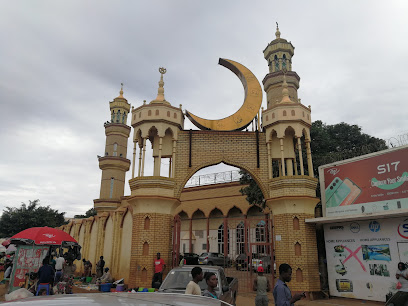
Kumbali Castle Gardens
Discover the beauty of Kumbali Castle Gardens, a serene garden venue perfect for events and leisurely strolls amidst stunning landscapes.
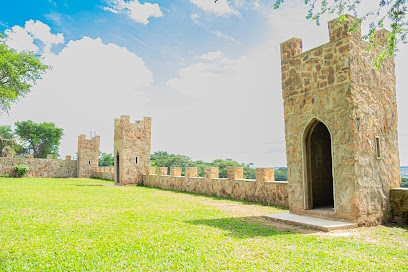
FunCity Amusement Park
Experience unforgettable family fun at FunCity Amusement Park in Lilongwe, where thrilling rides and laughter await for all ages.
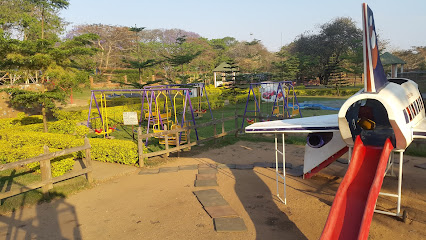
Maula Cathedral
Explore the architectural beauty and serene atmosphere of Maula Cathedral in Lilongwe, a spiritual haven celebrating Malawi's rich cultural heritage.
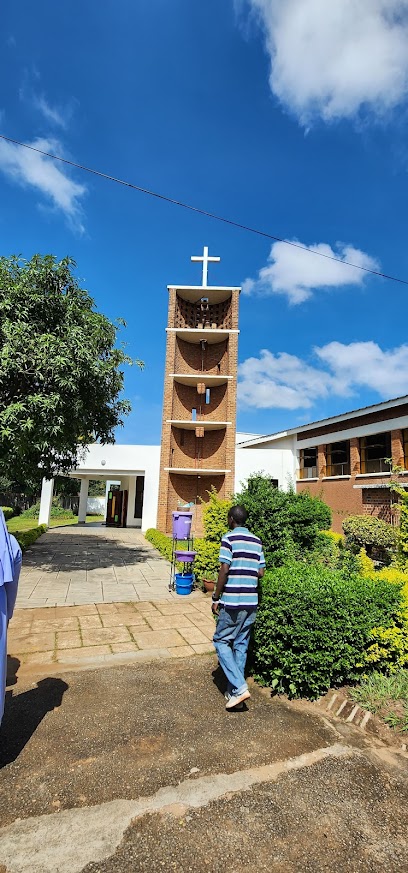
Kamuzu Mausoleum
Explore the Kamuzu Mausoleum, a significant historical site honoring Malawi's first president amidst serene landscapes in Lilongwe.
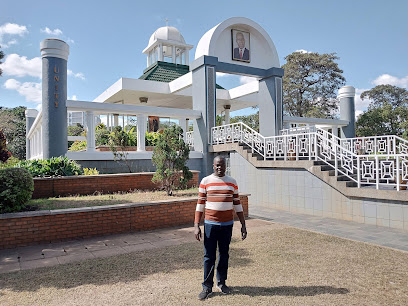
Old Town Mall
Explore Old Town Mall in Lilongwe for a unique shopping experience blending local culture with international flair, perfect for every tourist.
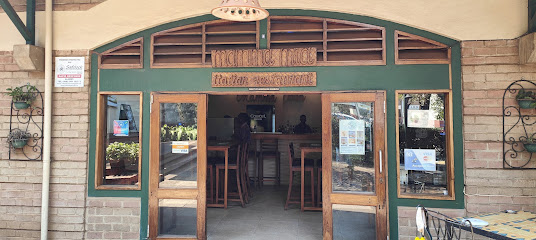
Lilongwe Nature Sanctuary
Experience the serene beauty and rich biodiversity of Lilongwe Nature Sanctuary, a tranquil retreat in Malawi's capital city.
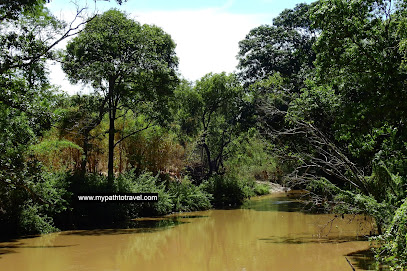
Unmissable attractions to see
Lilongwe Wildlife Centre
Experience the enchantment of Malawi's wildlife at Lilongwe Wildlife Centre, a sanctuary dedicated to conservation and education.
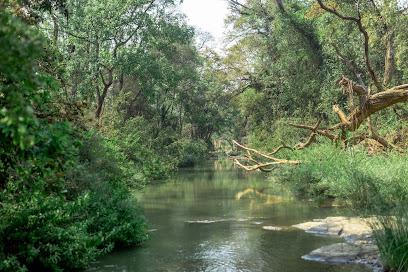
World War I Memorial
Explore the World War I Memorial in Lilongwe, a tranquil park dedicated to the heroes of the Great War, offering peace and historical insight.
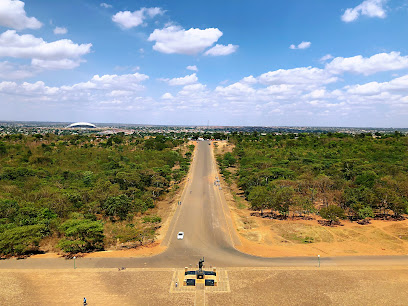
Havilah Park
Experience the lush tranquility of Havilah Park in Lilongwe, a perfect escape for relaxation and outdoor fun amidst nature's beauty.
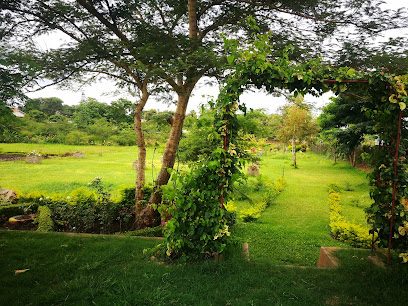
Kulemeka Gardens
Discover the natural beauty and tranquility of Kulemeka Gardens in Lilongwe, a botanical haven filled with vibrant flora and serene landscapes.
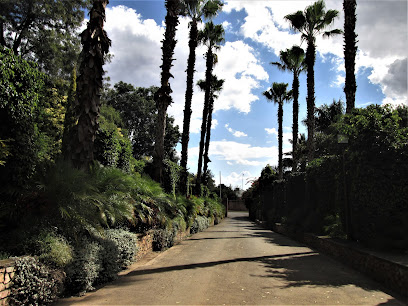
Kumbali Castle Gardens
Discover the breathtaking beauty of Kumbali Castle Gardens in Lilongwe, where nature and history blend seamlessly for an unforgettable experience.
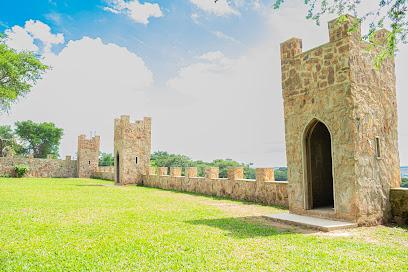
Eden Gardens
Discover the tranquility of Eden Gardens in Lilongwe, a lush garden oasis perfect for relaxation and nature exploration.
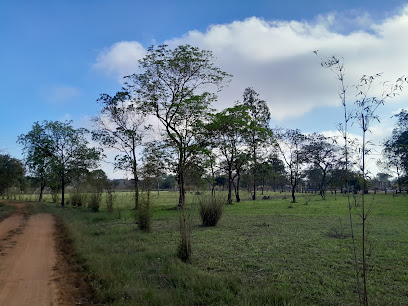
ROCK GARDENS Area10
Explore the serene Rock Gardens in Lilongwe, a peaceful retreat filled with lush greenery and vibrant flowers, ideal for relaxation and family outings.
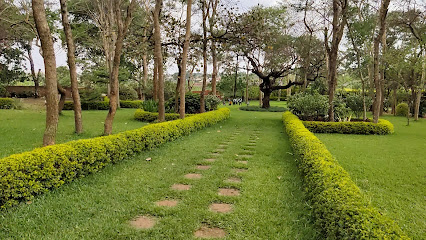
Ngwenya Hill
Discover the breathtaking beauty of Ngwenya Hill, a premier hiking destination in Lilongwe, Malawi, perfect for nature lovers and adventure seekers.
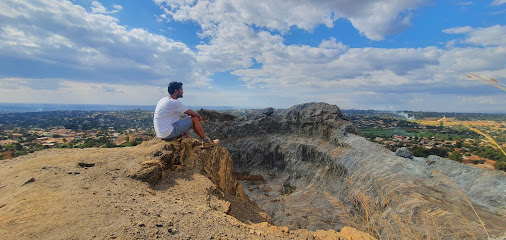
Tamalu Gardens
Explore the lush landscapes and vibrant flora of Tamalu Gardens, a serene escape in the heart of Lilongwe, Malawi.
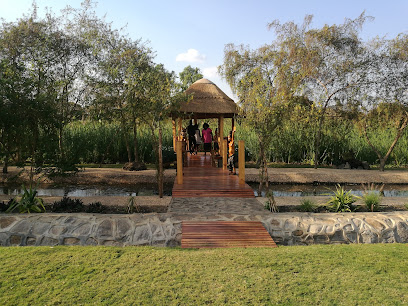
Maziko Gardens Lilongwe
Explore the lush beauty and tranquility of Maziko Gardens, a serene escape in the heart of Lilongwe, Malawi, perfect for nature lovers.

Serenity Garden
Experience the serenity of nature at Serenity Garden in Lilongwe, a tranquil oasis filled with lush greenery and vibrant blooms.
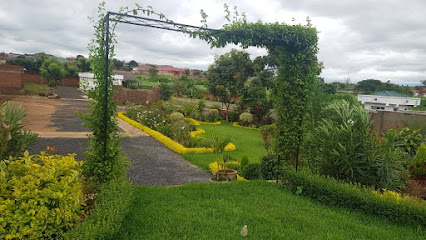
The German Bush
Explore the serene beauty and rich cultural heritage of the German Bush, a must-visit tourist attraction in Lilongwe, Malawi.
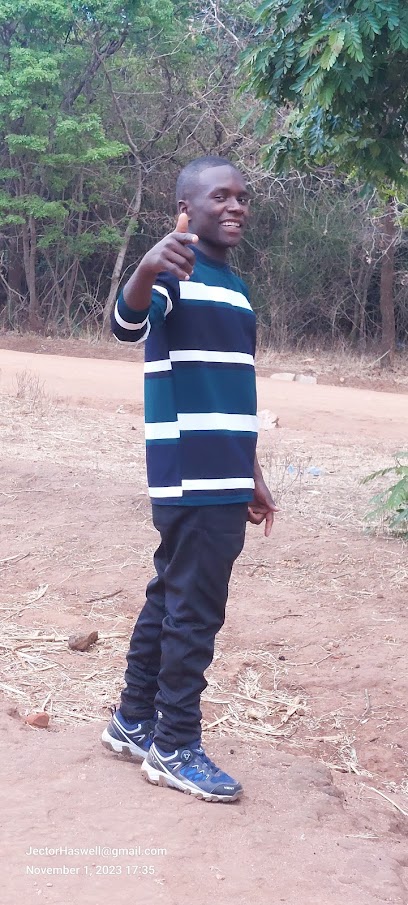
Matchansi
Experience the serene beauty of Matchansi Park in Lilongwe, Malawi—a perfect escape for nature lovers and a delightful retreat for all.
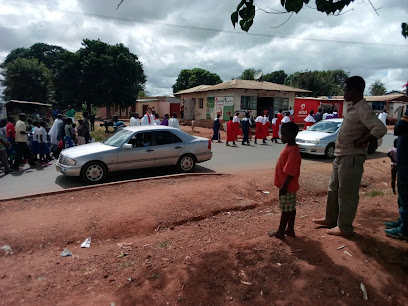
Lewis Gardens
Discover Lewis Gardens in Lilongwe, a tranquil oasis filled with vibrant flora and serene landscapes perfect for relaxation and exploration.

Royal Gardens
Discover the serene beauty of Royal Gardens in Lilongwe, a lush oasis perfect for relaxation, picnics, and nature walks amidst native flora.
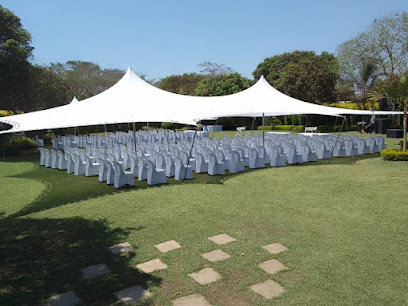
Essential places to dine
Latitude 13 Degrees
Discover luxury and local flavors at Latitude 13 Degrees - where exquisite dining meets elegant accommodations in Lilongwe.

Mamma Mia Restaurant
Discover the heart of Italy at Mamma Mia Restaurant in Lilongwe, where authentic flavors meet a cozy dining experience.
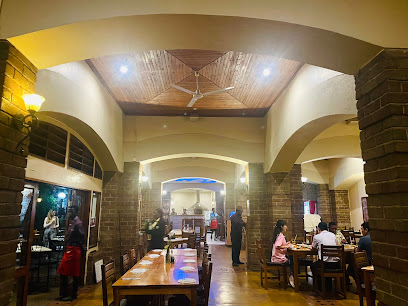
La Cantina
Discover La Cantina in Lilongwe - where local flavors meet international culinary excellence for an unforgettable dining experience.
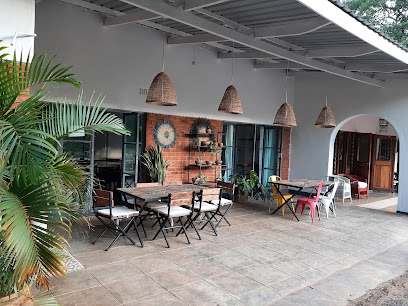
Mediterraneo
Experience authentic Italian cuisine at Mediterraneo in Lilongwe – where every meal is a journey through Italy's rich culinary heritage.
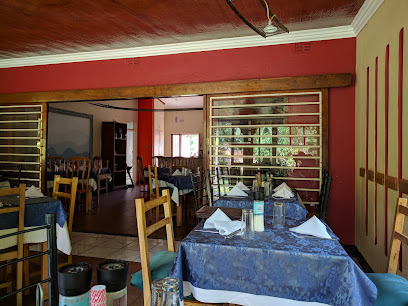
Chennai Spice
Experience authentic Indian cuisine at Chennai Spice in Lilongwe—where every dish tells a story of tradition and flavor.
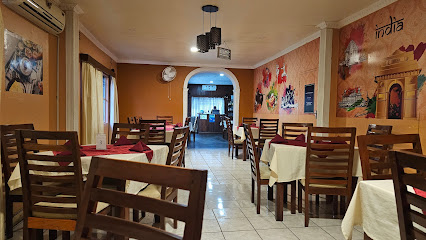
Sana food court
Discover authentic Malawian cuisine at Sana Food Court in Lilongwe – where diverse flavors meet vibrant culture.
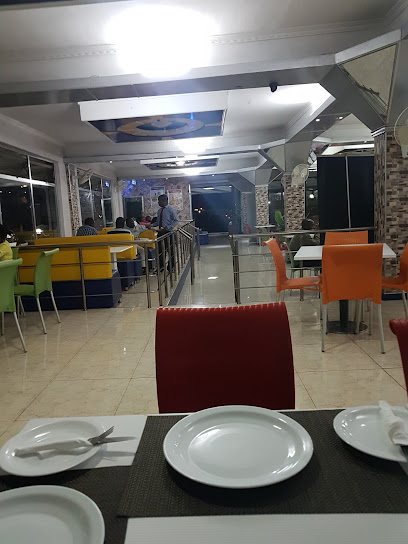
Orchid
Discover the enchanting flavors of Persian cuisine at Orchid in Lilongwe - where every dish tells a story.
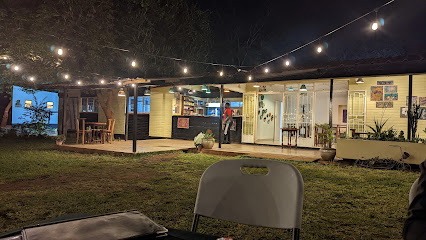
Veg-Delight Lilongwe
Discover authentic Indian vegetarian cuisine at Veg-Delight in Lilongwe's Old Town Mall - a must-visit dining destination for tourists.
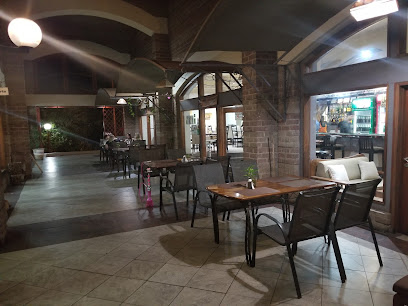
Ama Khofi
Experience the vibrant flavors of Malawi at Ama Khofi - where local cuisine meets global tastes in a cozy setting.
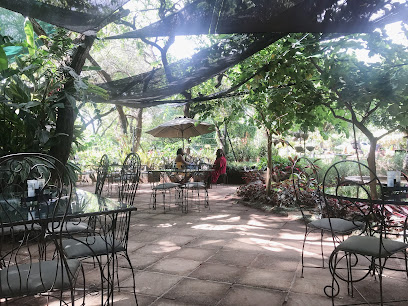
Bombay Palace
Experience authentic Indian flavors at Bombay Palace in Lilongwe's City Mall – where tradition meets modern dining.
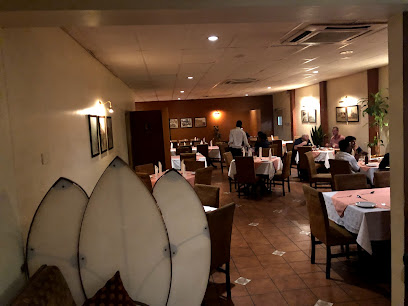
Coco's at August House
Discover authentic Malawian flavors at Coco's at August House - where culinary excellence meets local charm in Lilongwe.
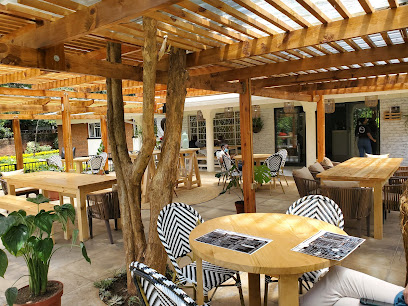
Blue Ginger Restaurant
Experience authentic Indian flavors at Blue Ginger Restaurant in Lilongwe - where every meal is a culinary celebration.
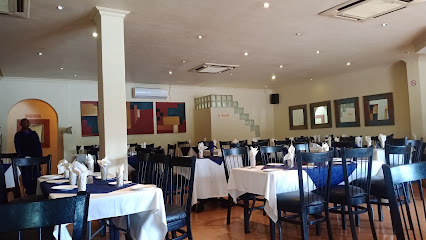
Mum's Table Restaurant
Discover authentic Malawian cuisine at Mum's Table Restaurant in Lilongwe - where tradition meets taste.
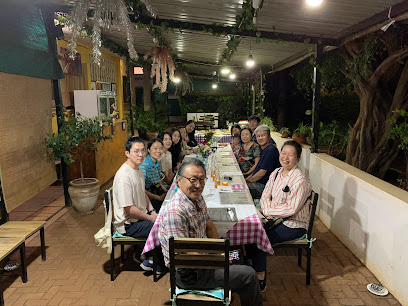
Noble China Restaurant
Experience authentic Chinese cuisine at Noble China Restaurant in Lilongwe – where tradition meets flavor in every bite.
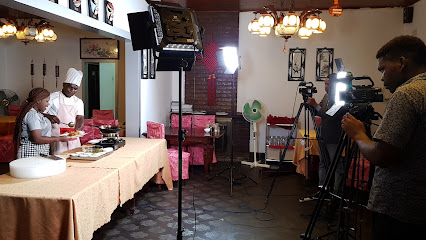
Seble Ethiopian restaurant
Experience authentic Ethiopian cuisine at Seble Restaurant in Lilongwe – where tradition meets flavor in every dish.
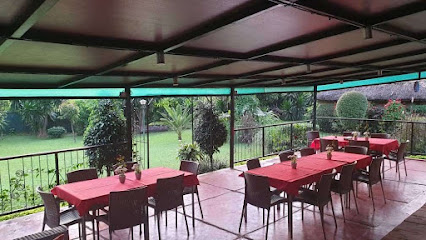
Markets, malls and hidden boutiques
Game Stores Lilongwe
Discover a vibrant shopping experience at Game Stores Lilongwe, offering a wide array of products from electronics to sporting goods in one convenient location.
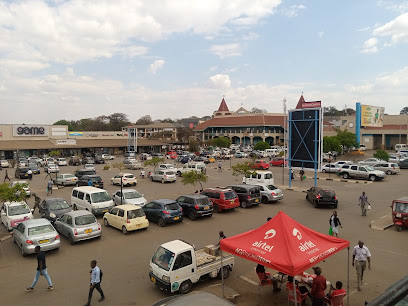
Shoprite Lilongwe
Discover the essence of Malawian shopping at Shoprite Lilongwe, where local flavors meet international goods in a vibrant supermarket experience.
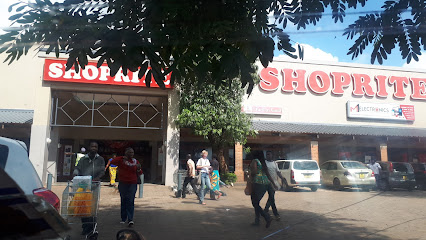
Chipiku Food Store
Explore local flavors and essentials at Chipiku Food Store in Lilongwe, your gateway to Malawian shopping and culinary delights.
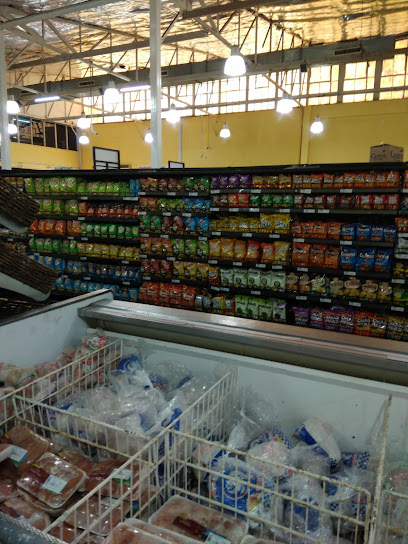
The Gateway Mall
Explore The Gateway Mall in Lilongwe for an unforgettable shopping experience with a taste of Malawian culture and hospitality.
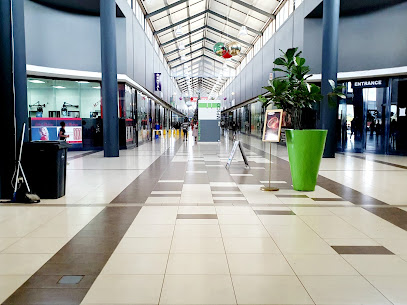
Sana Cash & Carry
Discover local flavors and essentials at Sana Cash & Carry, a vibrant grocery store in Lilongwe, Malawi, perfect for tourists seeking authentic experiences.
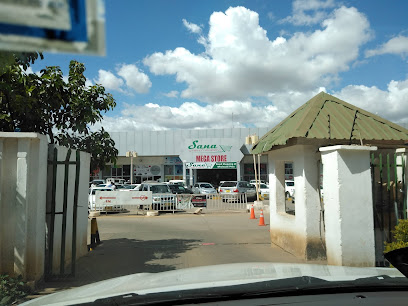
Gravity Mall
Explore Gravity Mall in Lilongwe for a delightful shopping and dining experience, blending local culture with modern retail.
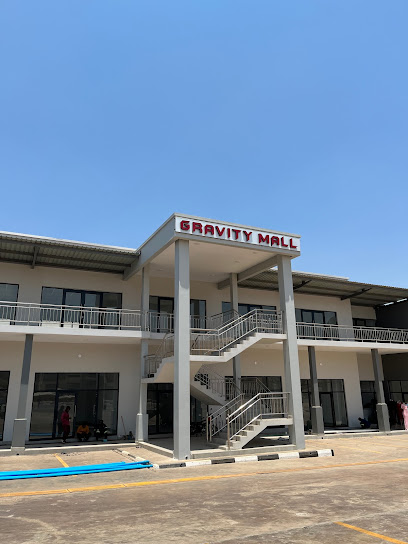
Foodworths
Explore the vibrant culinary scene at Foodworths in Lilongwe, where local flavors and international products meet in a delightful shopping experience.
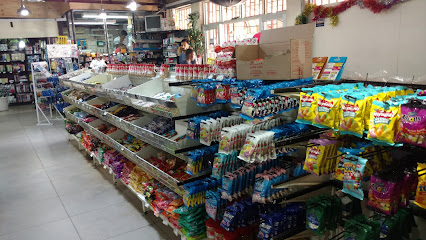
Pacific Parade
Discover the heart of Lilongwe at Pacific Parade, where shopping meets local culture and delicious cuisine in a vibrant atmosphere.
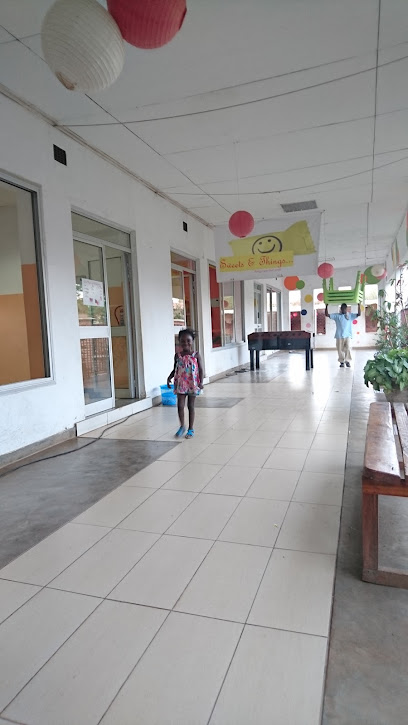
Grey Matter Ltd
Explore a world of literature at Grey Matter Ltd, a charming book store in Lilongwe, Malawi, featuring local and international titles.

Wulian Shopping Mall
Explore the bustling Wulian Shopping Mall in Lilongwe for a unique shopping experience blending local culture and modern retail.
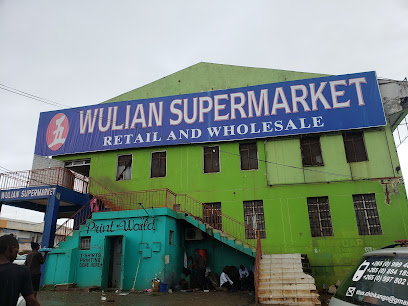
African Habitat
Explore African Habitat in Lilongwe for unique handcrafted souvenirs that celebrate Malawian culture and artistry.
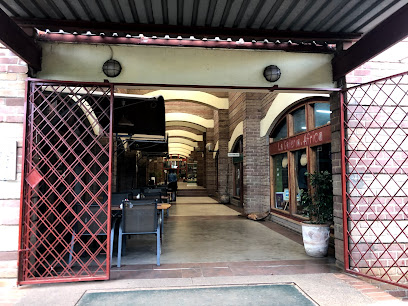
Century City Mall
Explore Century City Mall, a shopping haven in Lilongwe offering an array of retail, dining, and entertainment experiences for every traveler.
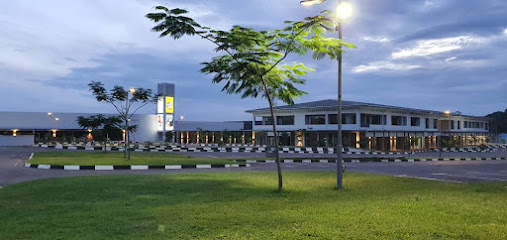
Old Town Mall
Experience the vibrant culture and shopping delights at Old Town Mall in Lilongwe, Malawi, where local craftsmanship meets modern retail.
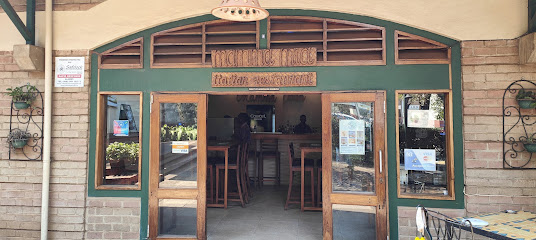
Olympic Mall
Explore Olympic Mall in Lilongwe for an unforgettable shopping experience filled with local and international brands, dining, and vibrant culture.
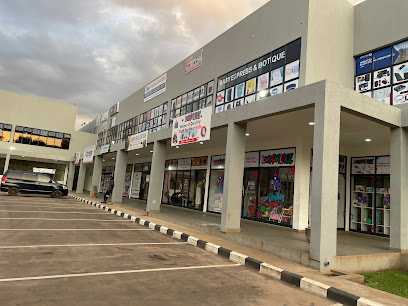
PEP Lilongwe 1
Explore affordable fashion for the whole family at PEP Lilongwe 1 in the vibrant Nico Centre – a shopping experience you won't forget!

Essential bars & hidden hideouts
Nocturne
Discover Nocturne, Lilongwe's premier cocktail bar, where exquisite drinks meet captivating ambiance for an unforgettable night out.
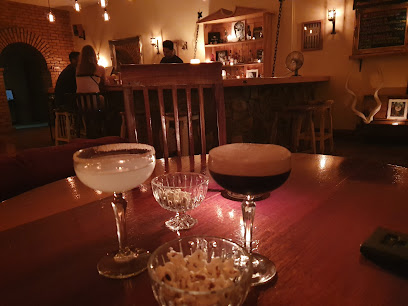
Hideout Bar and Grill
Discover the lively atmosphere of Hideout Bar and Grill in Lilongwe, where local flavors meet vibrant nightlife for an unforgettable experience.
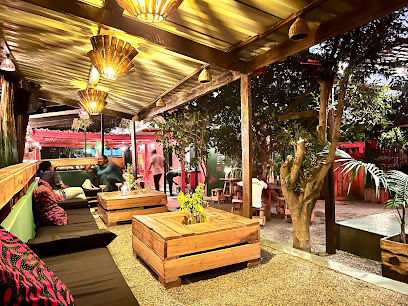
Epic Exclusive Lounge
Discover the serene and sophisticated ambiance of Epic Exclusive Lounge in Lilongwe, where exquisite drinks meet delightful local flavors.
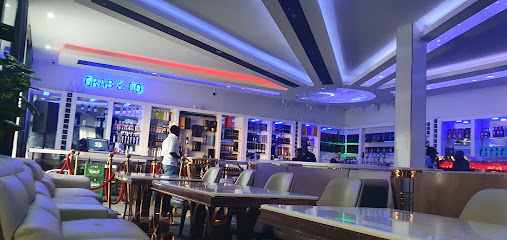
Vision Gaming
Discover the vibrant nightlife of Lilongwe at Vision Gaming, a premier bar offering a lively atmosphere and a wide selection of drinks.
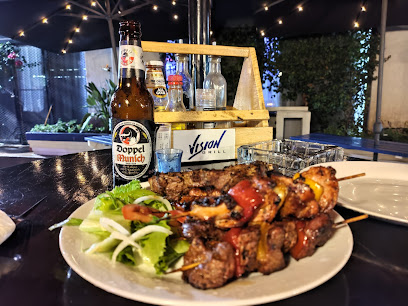
ACRES Bar & GRILL
Experience the vibrant atmosphere and delicious grill offerings at ACRES Bar & GRILL in the heart of Lilongwe, Malawi.
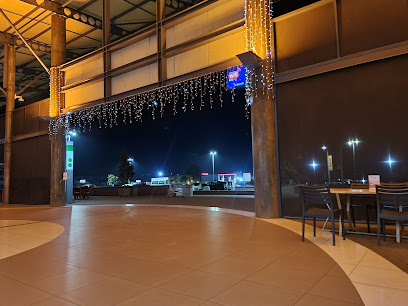
Chesterfield Bar
Experience the vibrant atmosphere and mouthwatering meat dishes at Chesterfield Bar in Lilongwe, a must-visit for any tourist.
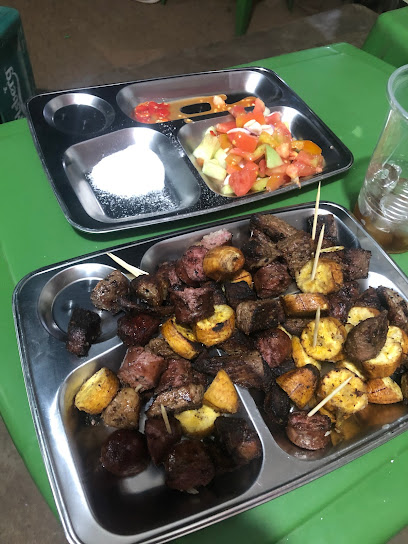
Okabvango Sports Bar
Discover the lively spirit of Lilongwe at Okabvango Sports Bar, where vibrant nightlife meets sports entertainment in a welcoming environment.
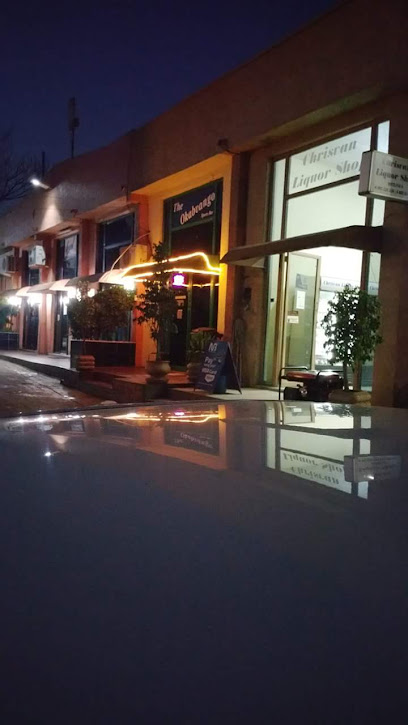
Cousin Vinny's Bar(pa mthunzi)
Experience the vibrant nightlife of Lilongwe at Cousin Vinny's Bar, where local flavors and live music create unforgettable memories.
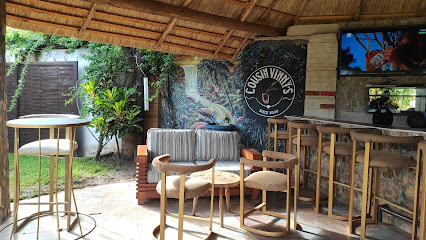
Pakwadi Sports Bar
Discover the local charm at Pakwadi Sports Bar, Lilongwe's haven for relaxation and socializing with a taste of Malawian culture.
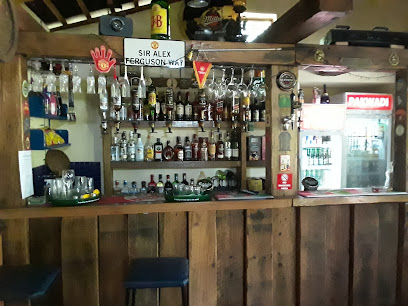
Akumudzi Club Area 14, Bar and Grill
Discover the lively ambiance and delicious offerings at Akumudzi Club Area 14, the ultimate bar and grill experience in Lilongwe.
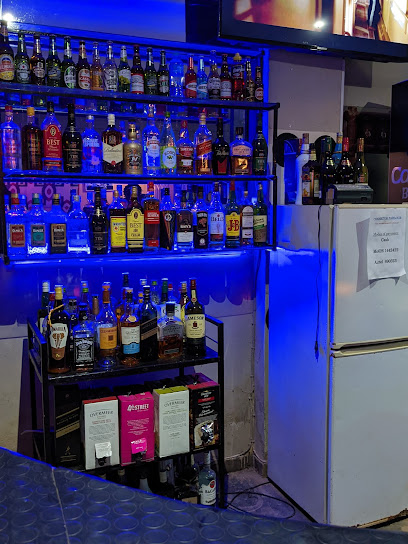
Chinese Pagoda Bush Bar
Experience the vibrant atmosphere and local culture at Chinese Pagoda Bush Bar in Lilongwe, a perfect spot for unwinding and socializing.
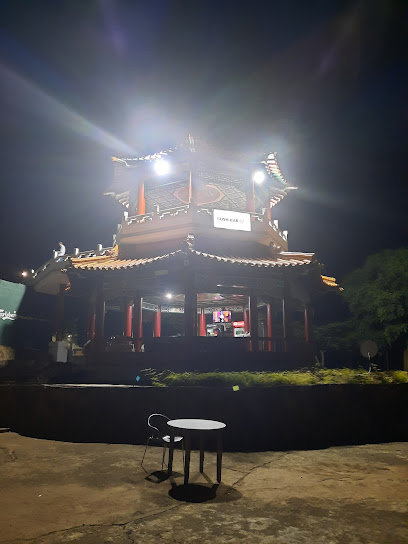
Pixes Pub
Experience the vibrant nightlife at Pixes Pub in Lilongwe, offering a unique blend of local culture, delicious drinks, and lively entertainment.
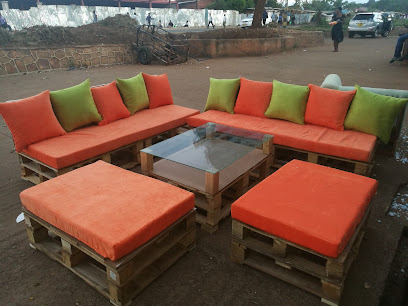
Pa Alex Pa a Marley Pub
Enjoy a vibrant night out at Pa Alex Pa a Marley Pub in Lilongwe, where local culture, music, and drinks come together for an unforgettable experience.
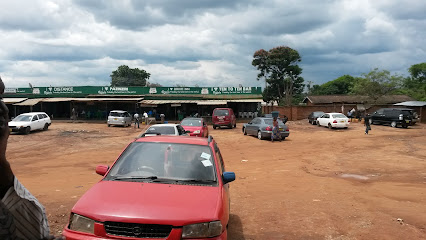
Good friends Liquor House
Discover the charm of Good Friends Liquor House, a cozy bar in Lilongwe, Malawi, offering a welcoming atmosphere and a variety of local drinks.
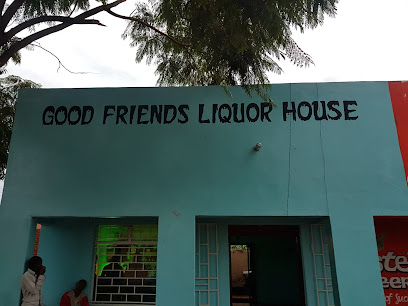
ANGONI BAR & GRILL
Experience the vibrant atmosphere and delicious flavors at Angoni Bar & Grill in Lilongwe, a perfect spot for tourists seeking local and international cuisine.

Local Phrases
-
- HelloMoni
[moh-nee] - GoodbyeTionana
[tee-oh-nah-nah] - YesEya
[ay-yah] - NoAyi
[ah-yee] - Please/You're welcomeZikomo
[zee-koh-moh] - Thank youZikomo kwambiri
[zee-koh-moh kwahm-bee-ree] - Excuse me/SorryPepani
[peh-pah-nee] - How are you?Muli bwanji?
[moo-lee bwahn-jee] - Fine. And you?Ndili bwino. Kaya inu?
[ndee-lee bwee-noh. kah-yah ee-noo] - Do you speak English?Mukhulupilira chizungu?
[moo-koo-loo-pee-lee-rah chee-zoon-goo] - I don't understandSindikudziwa
[seen-dee-koo-dzee-wah]
- HelloMoni
-
- I'd like to see the menu, pleaseNdikufuna kuona menu, chonde
[ndee-koo-foo-nah kwoh-nah meh-noo, chohn-deh] - I don't eat meatSindidya nyama
[seen-dee-dyah nyah-mah] - Cheers!Tionana!
[tee-oh-nah-nah] - I would like to pay, pleaseNdikufuna kudzilipira, chonde
[ndee-koo-foo-nah koo-dzee-lee-pee-rah, chohndeh]
- I'd like to see the menu, pleaseNdikufuna kuona menu, chonde
-
- Help!Chitani chifundo!
[chee-tah-nee chee-foon-doh] - Go away!Pita!
[pee-tah] - Call the Police!Pemphani pulizi!
[pehm-pah-nee poo-lee-zee] - Call a doctor!Pemphani dokotala!
[pehm-pah-nee doh-koh-tah-lah] - I'm lostNdimadutsa
[ndee-mah-doot-sah] - I'm illNdimakhala wabwino
[ndee-mah-kah-lah wah-bwee-noh]
- Help!Chitani chifundo!
-
- I'd like to buy...Ndikufuna kugula...
[ndee-koo-foo-nah koo-goo-lah] - I'm just lookingNdikukonda kusonkhanitsa
[ndee-koo-kohn-dah koo-sohn-kah-nee-tsah] - How much is it?Ndi ndalamayo?
[ndee ndah-lah-mah-yoh] - That's too expensiveZimakoma kwambiri
[zee-mah-koh-mah kwahm-bee-ree] - Can you lower the price?Mukhoza kutembenuza makhwala?
[moo-koh-zah koo-tem-beh-noo-zah mah-kwah-lah]
- I'd like to buy...Ndikufuna kugula...
-
- What time is it?Ndi nthawi yolengedwa bwanji?
[ndee nthah-wee yoh-lehn-geh-dwah bwahn-jee] - It's one o'clockKulowa ndi woyamba
[koo-loh-wah ndee woh-yahm-bah] - Half past (10)Njala ya (10)
[njah-lah yah] - MorningUsiku
[oo-see-koo] - AfternoonMawa
[mah-wah] - EveningM'manja
[m-mahn-jah] - YesterdayUsiku wonse
[oo-see-koo wohn-seh] - TodayLero
[leh-roh] - TomorrowMawa
[mah-wah] - 1Mosi
[moh-see] - 2Mawiri
[mah-wee-ree] - 3Matatu
[mah-tah-too] - 4Manne
[mahn-neh] - 5Mapiri
[mah-pee-ree] - 6Masi
[mah-see] - 7Masaba
[mah-sah-bah] - 8Masano
[mah-sah-noh] - 9Matenda
[mah-ten-dah] - 10Kumi
[koo-mee]
- What time is it?Ndi nthawi yolengedwa bwanji?
-
- Where's a/the...?Kuli...?
[koo-lee] - What's the address?Ndani adzina?
[ndah-nee ah-zee-nah] - Can you show me (on the map)?Mukhoza kundikonzera (mwachitundu)?
[moo-koh-zah koon-dee-kohn-zeh-rah m-wah-chee-toon-doo] - When's the next (bus)?Mawa ndi nkhondo ina?
[mah-wah ndee n-khohn-doh ee-nah] - A ticket (to ....)Tikiti (kutali ku ....)
[tee-kee-tee koo-tah-lee koo]
- Where's a/the...?Kuli...?
History of Lilongwe
-
Lilongwe, the capital city of Malawi, has a rich history that dates back to the 19th century. Initially, it was a small fishing village on the banks of the Lilongwe River, inhabited by the Chewa people. The area was known for its fertile land, which attracted various ethnic groups over time.
-
The late 19th and early 20th centuries marked the arrival of British colonialists. In 1904, Lilongwe was established as a British colonial administrative center. The construction of roads and government buildings during this period laid the foundation for the city's modern infrastructure.
-
Malawi gained independence from British colonial rule on July 6, 1964. In 1975, then-President Hastings Kamuzu Banda relocated the capital from Zomba to Lilongwe to promote national unity and economic development. This move led to significant growth and urbanization in Lilongwe.
-
Lilongwe has evolved into a cultural hub, blending traditional Malawian heritage with modern influences. The city hosts various cultural festivals, including the Lake of Stars Festival, which attracts international artists and tourists. Modern developments have seen the rise of shopping malls, hotels, and restaurants, making Lilongwe a vibrant urban center.
-
As the political heart of Malawi, Lilongwe houses the country's government institutions, including the Parliament and the State House. It also serves as an economic center, with numerous businesses and international organizations setting up their headquarters in the city. The development of the Lilongwe International Airport has further cemented its importance.
-
Lilongwe is known for its green spaces and parks, such as the Lilongwe Wildlife Centre, which serves as a sanctuary for rescued animals and a conservation education center. Efforts to maintain these green areas amidst urbanization reflect the city's commitment to environmental sustainability.
Lilongwe Essentials
-
Lilongwe, the capital city of Malawi, is served by Kamuzu International Airport (LLW), located about 22 kilometers north of the city center. There are direct flights to Lilongwe from major African hubs such as Johannesburg, Nairobi, and Addis Ababa, as well as some European cities. Once you arrive at the airport, you can take a taxi or arrange for a hotel shuttle to reach your accommodation in the city.
-
In Lilongwe, transportation options include taxis, minibuses, and car rentals. Taxis are widely available and can be hailed on the street or booked through your hotel. Minibuses are a common and economical way to get around, though they can be crowded and less comfortable. Renting a car is another option for more flexibility, but be aware that driving is on the left side of the road. Bicycles can be rented for short distances, offering a more eco-friendly way to explore the city.
-
The official currency in Malawi is the Malawian Kwacha (MWK). Credit and debit cards are accepted in major hotels, restaurants, and shops, but it's advisable to carry cash for smaller transactions, especially in local markets. ATMs are available in the city, but it's a good idea to withdraw sufficient cash in advance to avoid any inconvenience.
-
Lilongwe is generally a safe city, but like any other urban area, it is important to take precautions. Avoid walking alone at night and be cautious in crowded places to protect your belongings from pickpockets. Areas such as Old Town and some parts of Area 3 have higher crime rates, so exercise extra caution when visiting these neighborhoods. Always use reliable forms of transportation, and avoid displaying valuable items openly.
-
In case of emergency, dial 997 for police assistance, 998 for fire services, and 999 for medical emergencies. Lilongwe has several hospitals and clinics, including Kamuzu Central Hospital and Bwaila Hospital. It is recommended to have comprehensive travel insurance that covers medical emergencies. Pharmacies are available for over-the-counter medications, and some hospitals have emergency services available 24/7.
-
Fashion: Do dress modestly, especially when visiting religious sites or rural areas. Avoid wearing revealing clothing. Religion: Do respect local customs and traditions. When visiting churches or mosques, dress conservatively and remove your shoes when required. Public Transport: Do be patient and polite when using minibuses. Don't expect strict adherence to schedules. Greetings: Do greet people with a handshake and a warm smile. It's polite to ask about someone's well-being before jumping into business conversations. Eating & Drinking: Do try local dishes like nsima and chambo. Don't eat with your left hand, as it is considered impolite. Always wash your hands before meals.
-
To experience Lilongwe like a local, visit the bustling markets such as the Lilongwe Main Market and the Old Town Mall. Engage with locals, who are generally friendly and happy to share their culture. Explore the Lilongwe Wildlife Centre for a taste of Malawi’s wildlife conservation efforts. For a unique experience, take a stroll through the city's Green Belt area, which offers a serene escape from the urban hustle. Don’t miss trying the local tea and coffee, which are among the best in the region.
Nearby Cities to Lilongwe
-
Things To Do in Salima
-
Things To Do in Chipata
-
Things To Do in Mangochi
-
Things To Do in Zomba
-
Things To Do in Blantyre
-
Things To Do in Nkhata Bay
-
Things To Do in Mzuzu
-
Things To Do in Karonga
-
Things To Do in Nyanga
-
Things To Do in Kasama
-
Things To Do in Harare
-
Things To Do in Chinhoyi
-
Things To Do in Ndola
-
Things To Do in Mbeya
-
Things To Do in Mutare












